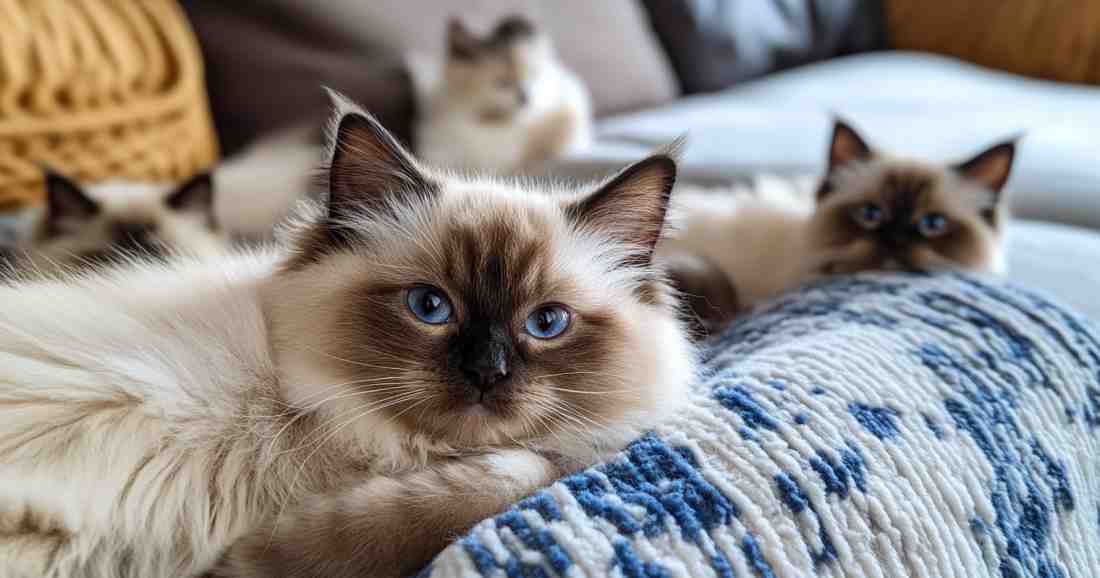
Should I Get a Ragdoll Cat Quiz Find Out if This Gentle Giant is Right for You! Ragdoll cats are famous for their affectionate nature, striking blue eyes, and plush coats. The Should I Get a Ragdoll Cat Quiz will help you determine if this gentle and loving breed is the right fit for your home and lifestyle. Known for their relaxed temperament and devotion to their owners, Ragdolls make wonderful companion but they also come with specific needs that require consideration.
This breed is unlike many others, often described as “puppy-like” due to their love of human interaction. The Should I Get a Ragdoll Cat Quiz will explore their distinctive traits to help you decide if they’re the right match for you. Owning a Ragdoll cat requires commitment, as they rely on human interaction more than many other breeds. The Should I Get a Ragdoll Cat Quiz will help you determine whether you can meet their needs.
Jump In & Take the Should I Get A Ragdoll Cat Quiz Now
What Makes Ragdoll Cats Unique?
- Ragdolls love human companionship and often follow their owners from room to room.
- Unlike most cats, they enjoy being held and will go limp in your arms, which is how they got their name.
- Their long, silky fur requires regular grooming to prevent tangles and mats.
- They are highly social and may not thrive in homes where they’re left alone for long periods.
- Ragdolls tend to be quiet but will communicate with soft chirps and gentle meows.
Is a Ragdoll Cat Right for Your Lifestyle?
- Do you want a cat that enjoys cuddling and attention rather than one that’s more independent?
- Are you prepared for regular grooming sessions to maintain their beautiful coat?
- Do you have enough time to engage with your cat daily, as Ragdolls thrive on companionship?
- Would you enjoy a calm, laid-back pet rather than an overly active or mischievous breed?
Ragdolls are best suited for owners who want a loving, interactive pet. They do well in quiet households where they can feel secure and pampered.
Fun Facts About Ragdoll Cats
Did you know Ragdolls were first bred in the 1960s in California? They are one of the largest domestic cat breeds, with males reaching up to 20 pounds. Despite their size, they are incredibly gentle and get along well with children and other pets. Some Ragdolls even learn tricks, proving they are not only affectionate but also intelligent and trainable!
Take the Should I Get a Ragdoll Cat Quiz Now
Thinking about bringing a Ragdoll cat into your home? The Should I Get a Ragdoll Cat Quiz will analyze your lifestyle, preferences, and expectations to determine if this affectionate and beautiful breed is the right choice for you. Whether you’re drawn to their calm nature, plush coats, or strong bond with their owners, this quiz will help you make an informed decision. Find out now!
